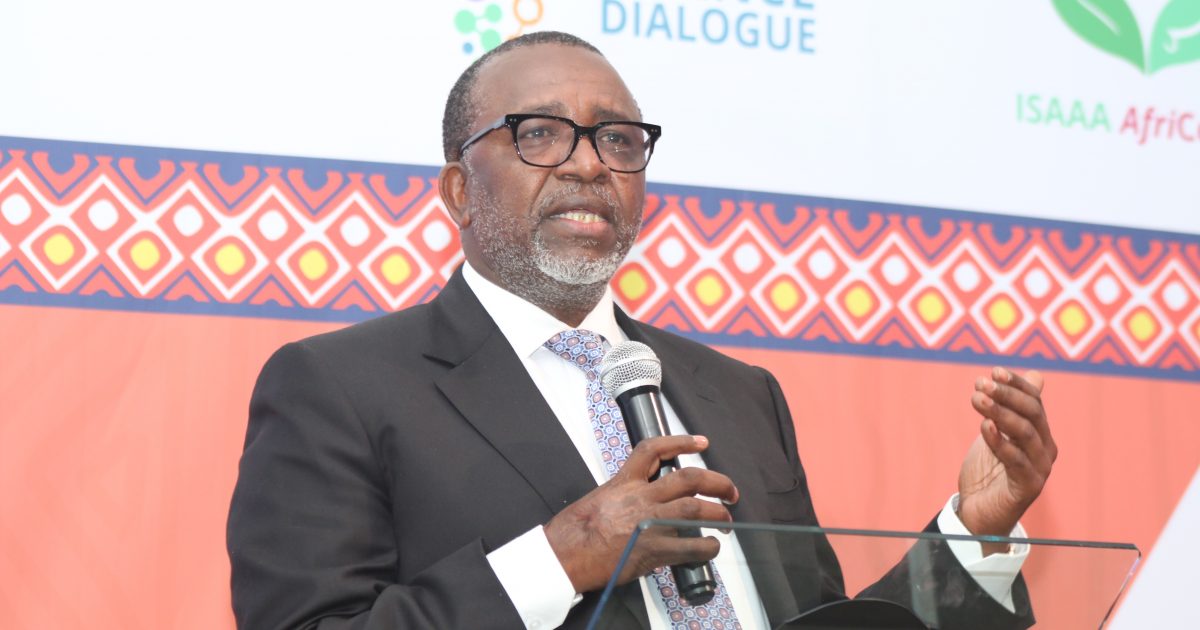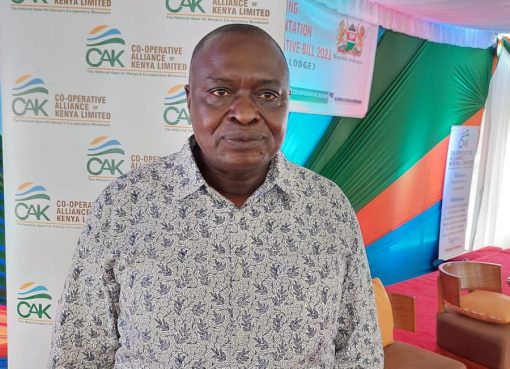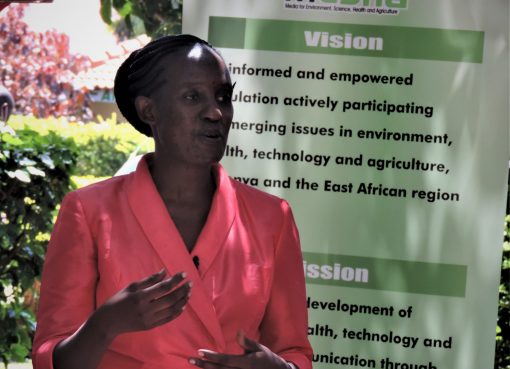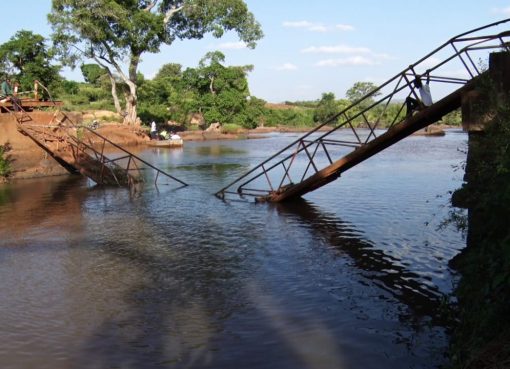A total of 17,096 youths will be employed as special enumerators, also known as agri-entrepreneurs, as the government seeks to undertake a comprehensive registration of all farmers across the country.
Agriculture Cabinet Secretary (CS) Mithika Linturi said in the months of February and March this year, the government undertook a rapid registration of all farmers using chiefs, assistant chiefs and village elders, and this effort enabled them to register up to 4.2 million crop-based farmers.
“Due to the rapid nature of the above-mentioned exercise, not all farmers were registered. Actually, even the livestock and fish farmers could not be registered due to time constraints. Consequently, as we plan to launch the second phase of the fertiliser subsidy, we also wish to launch the second phase of comprehensive registration of farmers,” said Linturi.
Linturi, speaking on Friday at the Kenya School of Government (KSG) during the launch of the Second Phase of Farmers’ Registration and the Inua Jamii Safety Net Programmes, said that this time around, they want to use the census approach of going to every village and every homestead to register all farmers.
“At the same time, we are going to map and register all value chain actors that support our farmers, such as agro-input dealers, aggregators, processors, extension service providers, marketing centres, transporters, among others,” he said, adding that this will help them link farmers to key service providers through digitalized platforms such as extension and other e-services.
The CS explained that after the initial baseline data collection, an average of 10 agri-entrepreneurs per ward, totaling 13,350 youths, will be retained and engaged on contract for a period of 6–12 months to provide various support services, including routine data collection, extension and other advisory services.
“As well as the value chain actors, the Ministry is using the Kenya Integrated Agriculture Management Information System (KIAMIS), which is supported by the Food and Agriculture Organisation (FAO), the Swedish International Development Agency (SIDA) and the World Bank,” he said.
The CS explained that KIAMIS is an ICT tool that supports organised digital data collection, storage, and sharing. In addition, the KIAMIS system supports digitalization of services such as e-subsidy, E-extension and other automated platforms.
This week, a number of counties have embarked on hiring youth at ward level. I am appealing to all our farmers to come out and register fully during this second phase of comprehensive farmers’ registration that will start in the first week of September 2023,” he said.
The CS also appealed to county Executive Committee members (CECs) in charge of agriculture to ensure fair and transparent recruitment of the youth agri-entrepreneurs as they work to address the country’s youth unemployment challenges.
Linturi added that as part of the Bottom Up Economic Transformation Agenda under the Kenya Kwanza administration, his ministry is working hard to reduce farming costs by assisting farmers in obtaining cheaper farm inputs as close to their farms as possible.
“During the long rains of 2023, the Ministry was able to distribute 3.5 million bags of subsidised fertiliser valued at KShs 12.3 billion to farmers in 41 counties growing various crops such as maize, wheat, rice, tea, sugar cane and cotton,” he said.
Linturi highlighted that, following this intervention, the country is expecting a bumper harvest for a wide range of crops.
“Harvesting of the long rains crop has begun in many counties, and Kenyans will soon begin to reap the benefits of the Kenya Kwanza Government’s promises to them,” said the CS.
He added that apart from supporting crop farmers, the government also authorised the manufacturers of animal feeds to continue importing duty-free ingredients, insisting that this will go a long way to reducing the prices of poultry, dairy and other livestock feeds which have also been very high compared to prices in our neighbouring countries.
“To continue with the trajectory of supporting our farmers through access to cheaper inputs, the government is launching a second phase of the fertiliser subsidy programme starting this coming short rains season,” said the CS.
He disclosed that the second phase of this subsidy is even more ambitious with regards to fertiliser prices and outreach to farmers.
“In this regard, farmers will access fertiliser at a cost of KShs 2,500 per bag, down from KShs 3,500. The government plans to provide 2 million bags of fertiliser worth KShs 6 billion to all farmers across the country during this period. In order to support all farmers in the country while ensuring efficiency and transparency of the subsidy programmes through the e-voucher system, it is important that we have a complete list of all farmers in a central digital register,” said Linturi.
By Joseph Ng’ang’a





